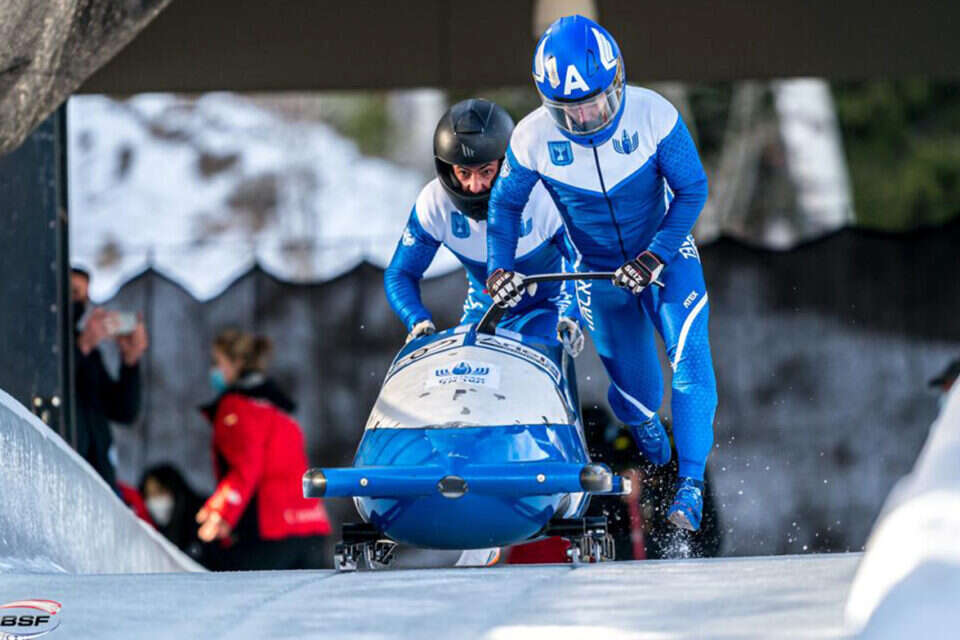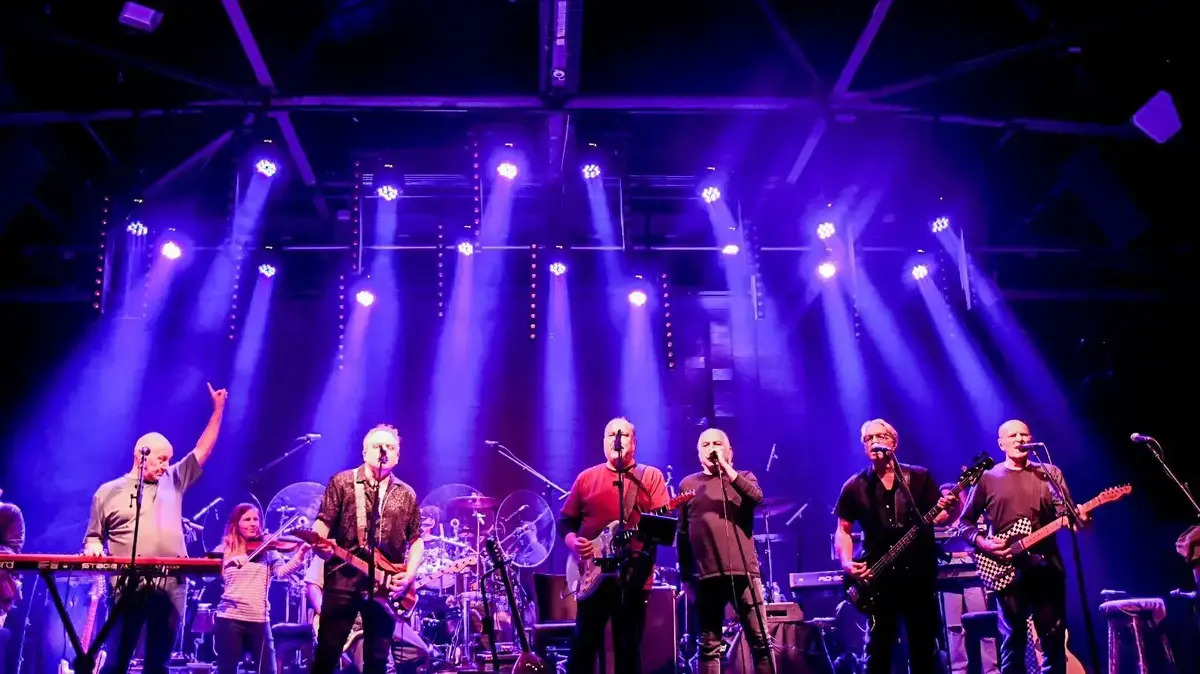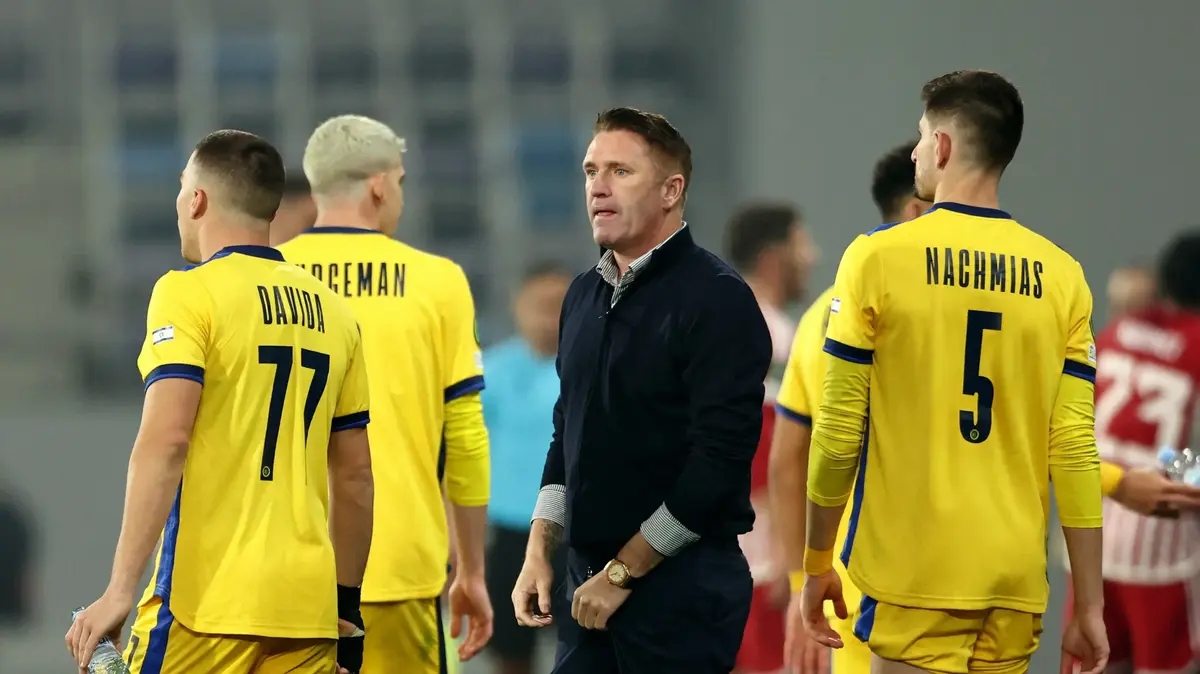Quietly, away from public attention and media spotlight, some Israelis are struggling to represent the Jewish state at the 2022 Winter Olympics in industries that most Israelis have not heard of, watched or even even know their names.
Bobsley and Skelton - two industries with a common denominator: in both the competitors are required to slide on a sledge down a demarcated track, a kind of "ice sleeve", as fast as possible, and in both it is not possible to compete in Israel, because what about Israel and the hot climate and ice sleeves?
"It is true that there is no competitive track for sledding in Israel, and it is not expected to ever be, but the view that only countries with a winter climate can succeed in the Winter Olympics does not correspond to reality," David Greaves, chairman of the Israel Bobsley and Skelton Association, told Israel This Week. "There are currently 13-12 active tracks in the world, concentrated in the United States, Canada and some European countries. In contrast, the number of countries competing in the sledding industry reaches 65, which means that countries without tracks actually make up the majority. "This is proof that not only snowy countries can win on sleds."
Greaves is one of the founders of the bobsleigh industry in Israel.
He and a small group of talking enthusiasts have been working since 2002 to field an Israeli team for the 2006 Winter Games in Turin, but the effort has not been successful.
Despite this, the initial infrastructure was laid, and the association ignited the spark of interest in industries that had hitherto been seen by Israeli eyes as completely impossible.
Like most competitors wearing the blue-and-white uniform with the Star of David in an attempt to secure a place for Israel in winter games, Greaves still finds it easier to speak English than Hebrew.
Like the two stars of the sled team - Adam (EJ) Edelman in Bobsley and Jared Firestone in Skelton - he lives in North America.
But there are also surprises.
In the Israeli bobsleigh team, alongside the leading Edelman, there are names like Menachem Chen, Amit Haas, Vard Poirse, Amitai Tzemach and Roman Shargaev.
Edelman does not hide his enthusiasm: "This is a mix you will not find anywhere else - sabras alongside immigrants, religious alongside secular, Jews and Druze."
An expensive challenge
The Winter Games in Beijing will open in exactly four weeks, but the arduous road that will determine who gets to gallop in the "ice sleeve" and who will have to watch the competition on TV - has not yet come to an end.
The qualifying round is currently in progress, and the final screening will be based on the athletes' ranking in a series of competitions that belong to the World Cup round.
The task is not simple at all.
In the Skelton industry, for example, only 25 men and 25 women will make it to the Olympics, and each of the top two countries in the rankings will be allocated three places.
Each of the following four countries - two places, and at least one more place for the host China.
This means that Israeli Skeltonist Georgina Cohen is in fact forced to compete for one of the remaining ten places.
The big difference between the two branches lies in the types of sleds. In Bobsley this is a large sled, which looks like a tiny futuristic vehicle (and costs about as much as it does); Its weight reaches hundreds of kilograms, and it provides a relative sense of protection to those sitting in it, although accidents can end in serious injury and even death. In Skelton the sledge is smaller and simpler, a kind of rectangular board made of carbon fiber inside a steel frame; It does not envelop the athlete's body - instead he lies on it on his stomach, with his head forward, and leaps into the unknown, like a human shell. There are no proud, no brakes, and control of movement is done by moving the athlete's body. In both Bobsleigh and Skelton, the sleds develop speeds of more than 130 km / h, and in curves athletes are given a power of 5g, so this is a dangerous sport that requires a special character.
Adam Edelman, a Boston native and MIT graduate, is gifted with such a character.
"Proud Zionist, certified sushi chef from Japan," he defines himself on the association's website, and to these descriptions it is advisable to add the titles "brave and determined."
Edelman has a rich sporting past.
He played hockey and did bodybuilding, and only in 2014 did he experience for the first time at Skelton.
"The start was disappointing, my first surf was terribly slow," Edelman recalled.
"But it just made me want more. To want to get to the Olympics in the Israeli national team uniform."
In 2018 he fulfilled the dream and represented Israel at Skelton at the Olympics in Pyongyang. Another man would settle for that and turn to do to his house. Edelman was accepted for an MBA at Yale University, but realized that the dream was still burning in him, and set a new and more pretentious goal: to get to the Olympics again, and this time to lead a team. The dream dictated the move from Skelton to Bobsley ("From 2007 to 2018 we only nurtured Skelton, for cost reasons," Greaves notes) and forced Edelman to interrupt his MBA studies.
But the really high hurdle is the financial hurdle.
"Bobsley is very expensive," Greaves explains, "because the sledding costs are added to their transportation costs from one competition or training site to another, and the living costs of an entire team competing for several years. "The athletes themselves. The Israeli Olympic Committee included us in the Olympic program and it helps, but 95 percent of the funding comes from the efforts of those involved in sports."
Expresses Israeliness
The financial difficulty is illustrated in Edelman's story. His first Olympic adventure left him in heavy debt, and the debt settlement took time: "I thought to myself how I could get into debt again, since according to my calculations it takes more than a million shekels a year to prepare for the Olympics. But the challenge again made him want more. Behind Edelman's desire is not only the aspiration of every athlete to bring his skills to the maximum, his main motive is related to love of Israel more than self-love.
"I pondered the question of what my role in life is," he explains in an everyday tone, without any pathos.
"I have come to the conclusion that my job is to promote Israel through sports in a way that others cannot. Sports is a great instrument of public diplomacy, and we are ambassadors who can reach surprising places. In our industries the audience and spectators at home are less interested in athletes' names, Let them see the Israeli flag flying with pride, wherever I am, in competitions and training, I express Israeliness through the symbols of the state.
"For me to appear in the Israeli national team uniform is a huge privilege, because I know that the state has done much more for me than I can do for it. I know that I have to return good to good, and sport is a wonderful means to achieve that."
Were we wrong?
Fixed!
If you found an error in the article, we'll be happy for you to share it with us









